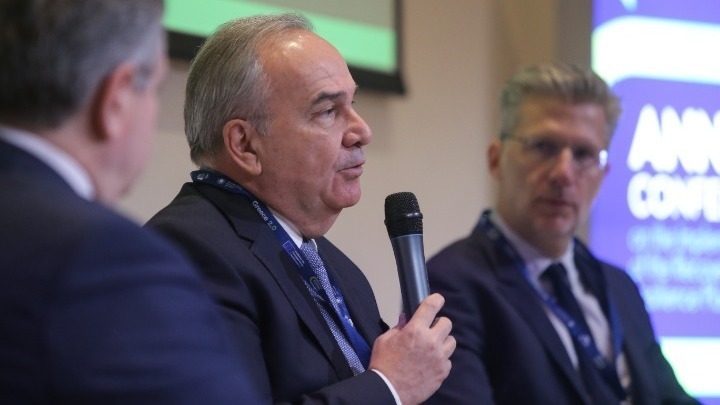Greece is among the leaders as regards the implementation of the national Recovery and Resilience Plan and one of just six EU member-states that has already submitted three payment requests to the Recovery and Resilience Facility (RFF), while a fourth payment request will be submitted in April, speakers at a Foundation of Economic and Industrial Research (IOBE) conference revealed on Thursday.
According to the head of the European Commission’s permanent delegation in Greece, Niovi Ringou, Greece has been the largest recipient of funds as a proportion of GDP (35.95 billion euros or more than 17% of the country’s GDP) since the start of the Greek Recovery and Resilience Plan in July 2021, while total EU support amounts to 32% of GDP – compared to an average of 4.1% of GDP in other EU countries.
She also said that Greece is a pioneer in implementation, as approximately 15 billion euros have been disbursed so far and emphasised that it was important to continue implementing the plan as quickly as possible.
In the panel discussion that followed, moderated on behalf of IOBE by professor Nikos Vettas, State Minister Akis Skertsos stated that the Plan draws on the experience of the debt crisis and is the most important use of community resources for convergence. According to him, its logic goes beyond the absorption of resources and extends to providing greater added value.
Skertsos explained that if the RFF did not exist at a European level, Europe would now be in recession rather than stagnant and Greece would not have achieved such growth rates.
Specifically for Greece and regarding the reform leg, the Minister of State said that Greece has 139 reform milestones to complete by the end of the programme (in August 2026) and has already completed 52, adding that “Greece is changing day by day.”
Alternate Minister of National Economy and Finance Nikos Papathanassis, on his part, said that the country is ready to submit its 4th payment request at the end of April and will make its 5th request by the end of September or the beginning of October, pointing out that more than 60% of the country’s expected growth is due to the Fund.
Papathanassis called the loan element very important, as it covers a significant part of the country’s investment gap.
SOURCE; ANA-MPA







